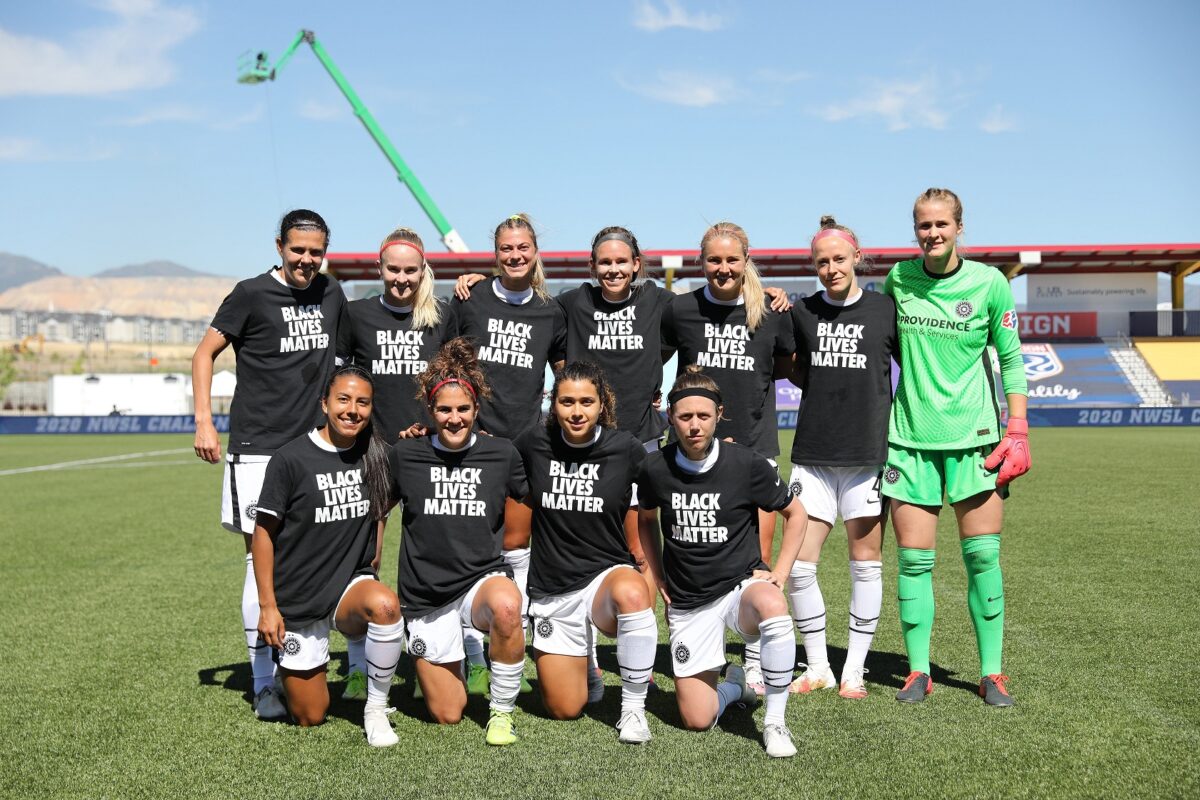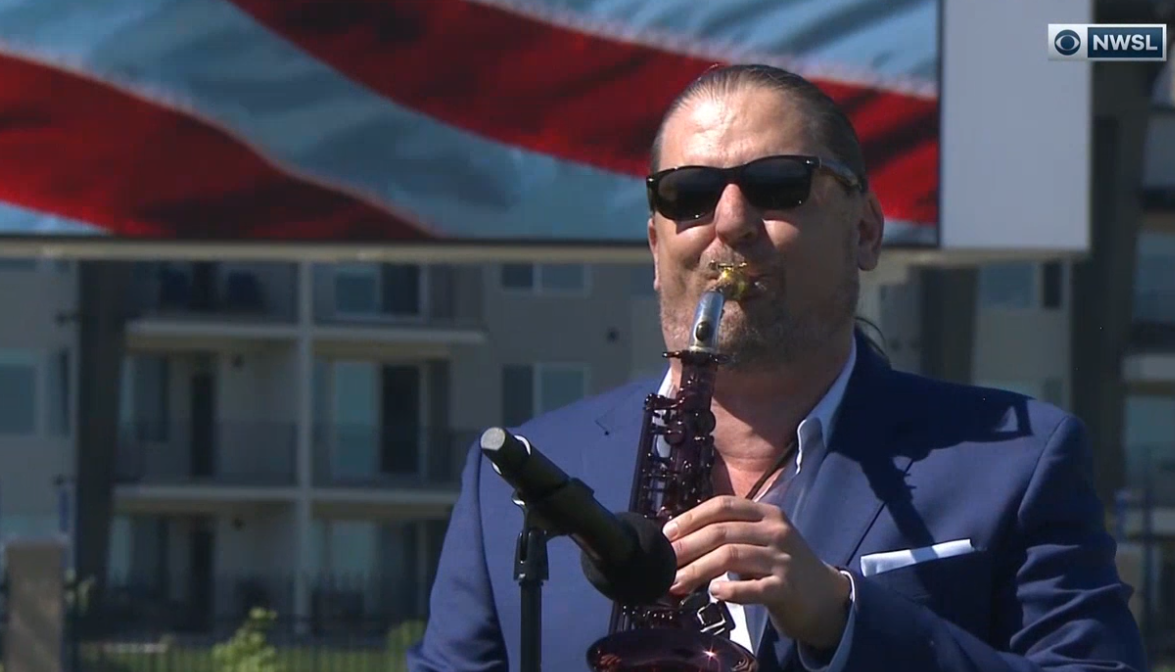Down Sophia Smith and on the second match of a two-game road trip, the Portland Thorns took on Racing Louisville on Saturday. Portland has yet to take points from two back-to-back road games this season, and they weren’t able to break that streak in Kentucky; after leaving with a draw against the Washington Spirit the weekend before, the Thorns fell 2-1 to Racing in a match that didn’t feel like Portland’s best work—even without Smith.
So, where did the Thorns go wrong?
Set pieces, for one. They’ve been one of Portland’s weaker points all season, and Racing took advantage. Both of Louisville’s goals—an Abby Erceg header and a brilliant strike from Thembi Kgatlana—came off corner kicks.
But that wasn’t the only thing Portland struggled with.
“We’re probably our own worst enemy,” defender Meghan Klingenberg said after the game. “We gave the ball away in spots that we don’t usually give the ball away in, and that led to some counterattacks and transitions that were difficult to defend because we were in a big shape. I think that typically doesn’t happen to this team.”
The first six minutes
Make no mistake: Racing was ready for this one. They came out with an aggressive press in midfield, showing organized marking and pressure when the Thorns had the ball and a commitment to pick off passes, go forward, and turn any chance they had into a shot.
“Credit to Louisville,” Thorns goalkeeper Bella Bixby said. “Their tactic was to be high-pressing and have all their numbers around the ball, and they did that well.”
The Thorns, for their part, were caught on the back foot and were rather lucky (more on that soon) to get out of those opening minutes without conceding a goal.
Perhaps just as impressive was Morgan Weaver, who won the ball off Louisville goalkeeper Katie Lund, took the ball to the left, and sent her shot into the back of the net in the sixth minute. It was a very Weaver goal: making something out of nothing, and—even if it wasn’t in the dying moments of a game—scoring for Portland at a time they really needed it. (In my game notes, I described the goal as, “Morgan Weaver doing Morgan Weaver things.”)
Even if Weaver scoring didn’t allow Portland to shift into the commanding attack we’re used to seeing them Thorns, it at least settled the game down and opened up chances for both sides.
Luck and Bella Bixby
As alluded to above, the Thorns were lucky to go into the half 1-0. Racing finished the match with 26 shots to Portland’s 15—a stat that normally favors the Thorns—putting nine of them on target to the Thorns’ four. They ended the game with 1.8 xG, with many of their best chances coming before Weaver’s goal in the first half:
xG Race Plot for @RacingLouFC v. @ThornsFC! #RacingLou #BAONPDX #LOUvPOR #NWSL pic.twitter.com/DvEPFDeET5
— Arielle Dror (@arielle_dror) September 3, 2023
That the Thorns didn’t concede early—and that Louisville wasn’t able to get on the scoresheet until Erceg broke through in the 60th minute—was largely due to two factors: luck and a stellar performance from Bixby.
In many of those opening chances, Racing struggled to direct their shots on frame, giving the Thorns a lucky break.
But Louisville did direct quite a few of those on target, calling on Bixby to make seven saves on the night. (Prior to Racing, she’d made an average of three and a half saves per game in regular season competition.)
“I definitely think it was one of my busier games in terms of goal-defending,” Bixby said. “I find myself in games, oftentimes, most busy with defending the box in terms of crosses.”
It wasn’t only that Bixby was busy in goal; even with the two goals against, she did well to defend her net. “A really big performance from her,” Portland head coach Mike Norris said. “She kept the [Thorns] in the game far longer than we probably should have been.”
Especially with a shaky—by her standards—middle of the 2023 season, it’s nice to see Bixby finding her form and giving Portland a fighting chance when they were on the back foot, even if they didn’t go on to win.
Formation or fatigue?
“They played a good game,” Klingenberg said of Louisville, “and I think their transition was pretty lethal. But I think we played right into it. We shot ourselves in our own foot.”
It’s not the first time Portland’s come up against that kind of pressure, Klingenberg said. And she’s right: the Thorns have had a target on their backs since the first time they stepped on the field as the reigning NWSL champions and beat the Orlando Pride 4-0 in their opener. And they’ve found ways to win despite that.
For some reason, though, Portland just wasn’t good enough in this one.
We can probably chalk some of it up to fatigue: the Thorns haven’t been home since before their matchup against the Spirit, and being on the road for that long can weigh on you.
“If we were more crisp, if we connected passes, if we skipped over top of their press, then we could have gotten past it,” Klingenberg said, and I think we can attribute at least some of that lack of sharpness to Portland’s road stint.
But I also wonder how much of it is up to tactics and the Thorns’ formation. As Jaiden wrote last week, it’s important for Norris to play to the strengths of the forwards he has available. In this case, that’s Weaver and Hannah Betfort. Weaver, obviously, got her goal, and Betfort got a couple chances off and showed well in her off-the-ball pressure, but I don’t think the Thorns were feeding the ball into either of them nearly enough.
I think some of that could’ve been helped by formation—maybe by pushing Olivia Moultrie more centrally into the space of Hina Sugita and asking Moultrie to open up space while Sugita takes on defenders on the wing.
I think a lot of that could’ve been helped by letting Crystal Dunn play before the 61st minute—maybe in the place of Moultrie and slipping Sugita into that wider position—and letting her open up space going forward. Even in her half hour on the field, Dunn tied Betfort and Weaver for first on the team in shots and was fourth in expected goals—despite playing significantly fewer minutes than everyone in front of her.
Tactics or tiredness, Portland has a chance to rest and regroup after this one. They have two weeks between Louisville and their next match against OL Reign, where they’ll take on a Seattle side that’s won only one of their last five matches but has a lot to play for with Megan Rapinoe appearing in her last Cascadia Rivalry game in Providence Park.

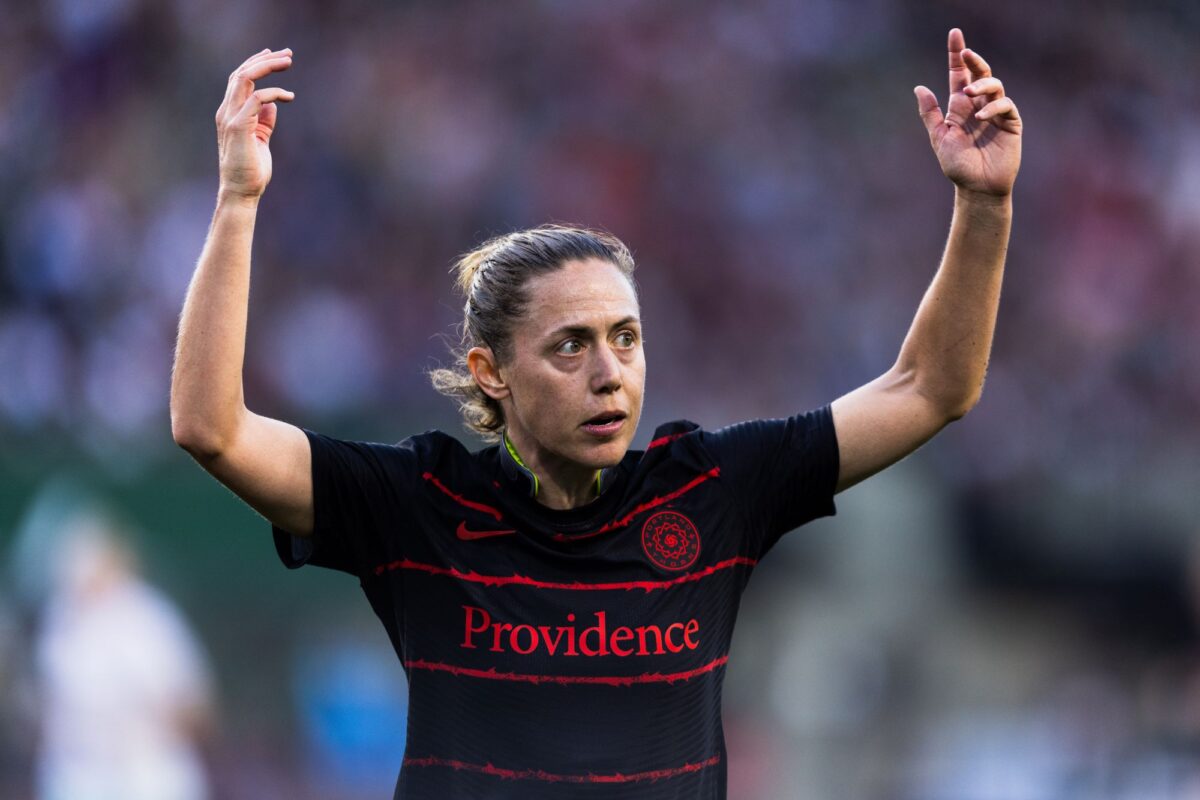
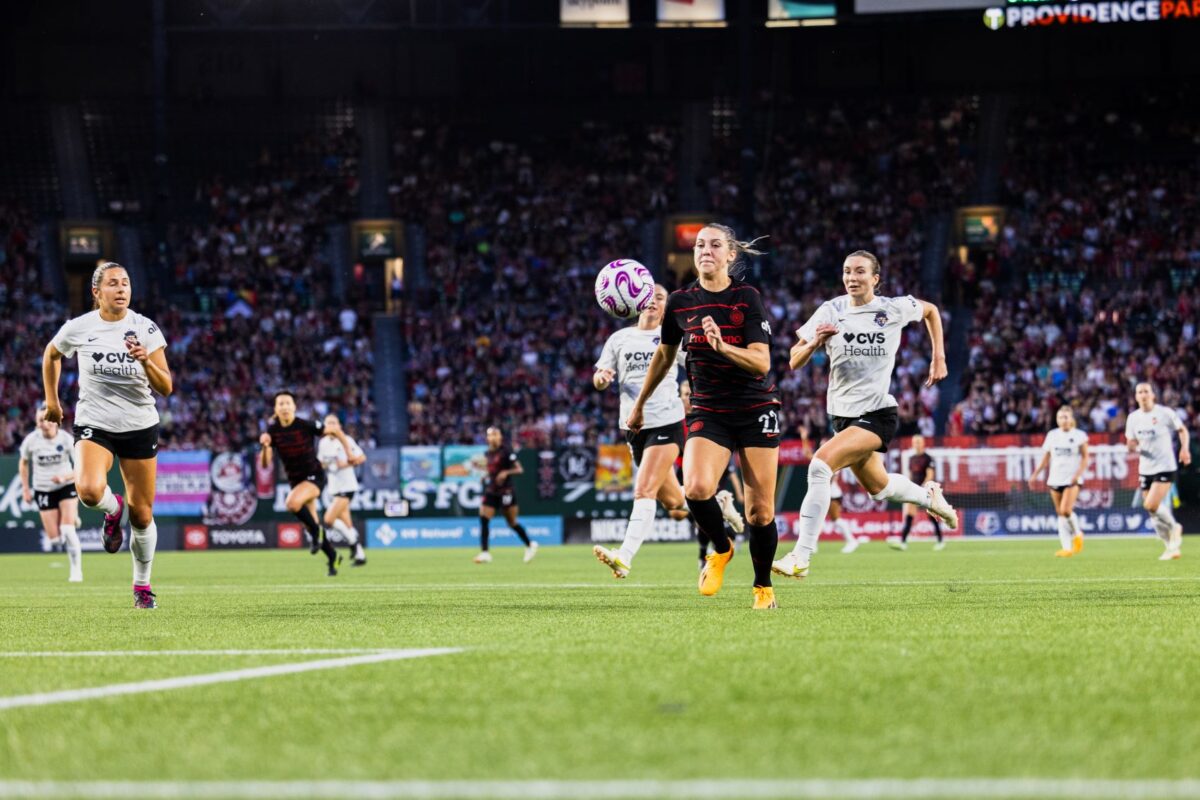
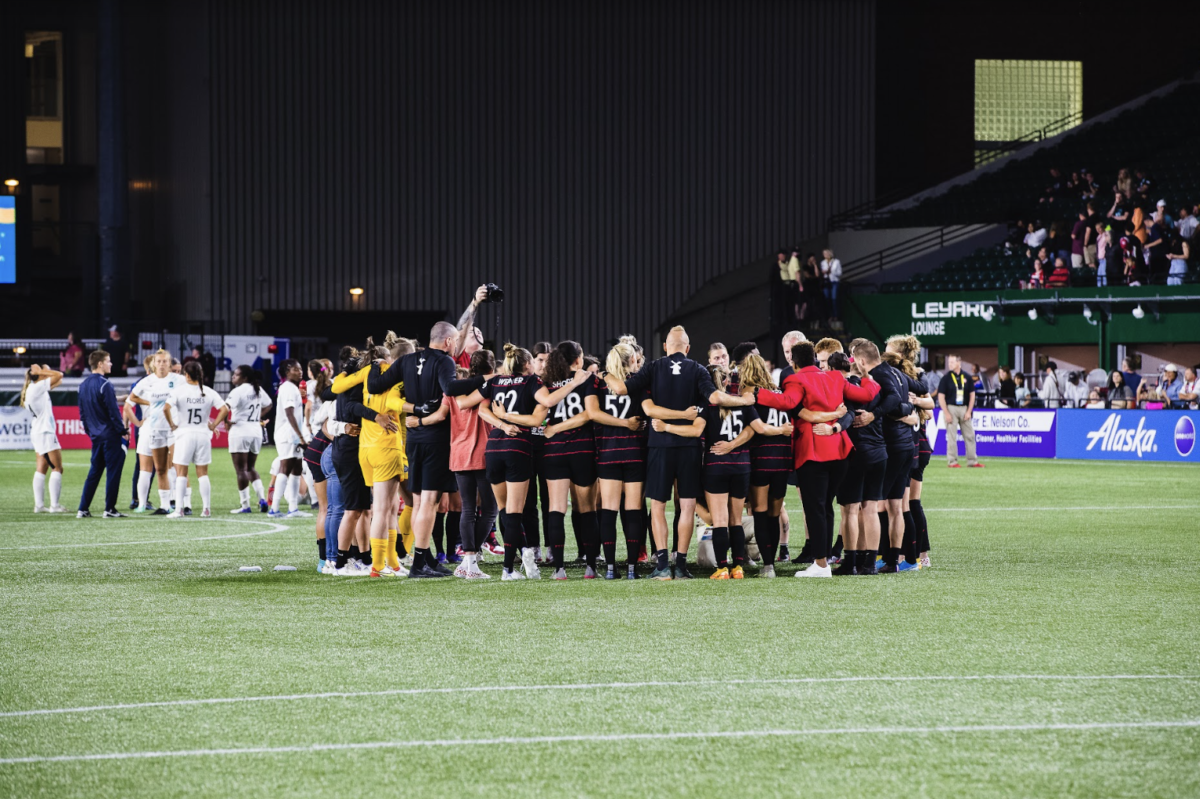
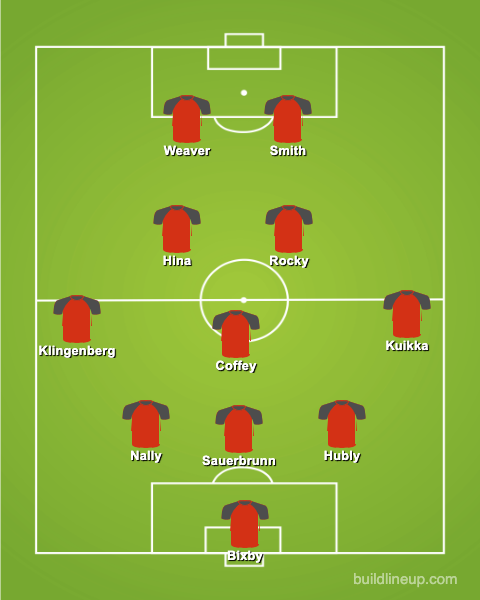
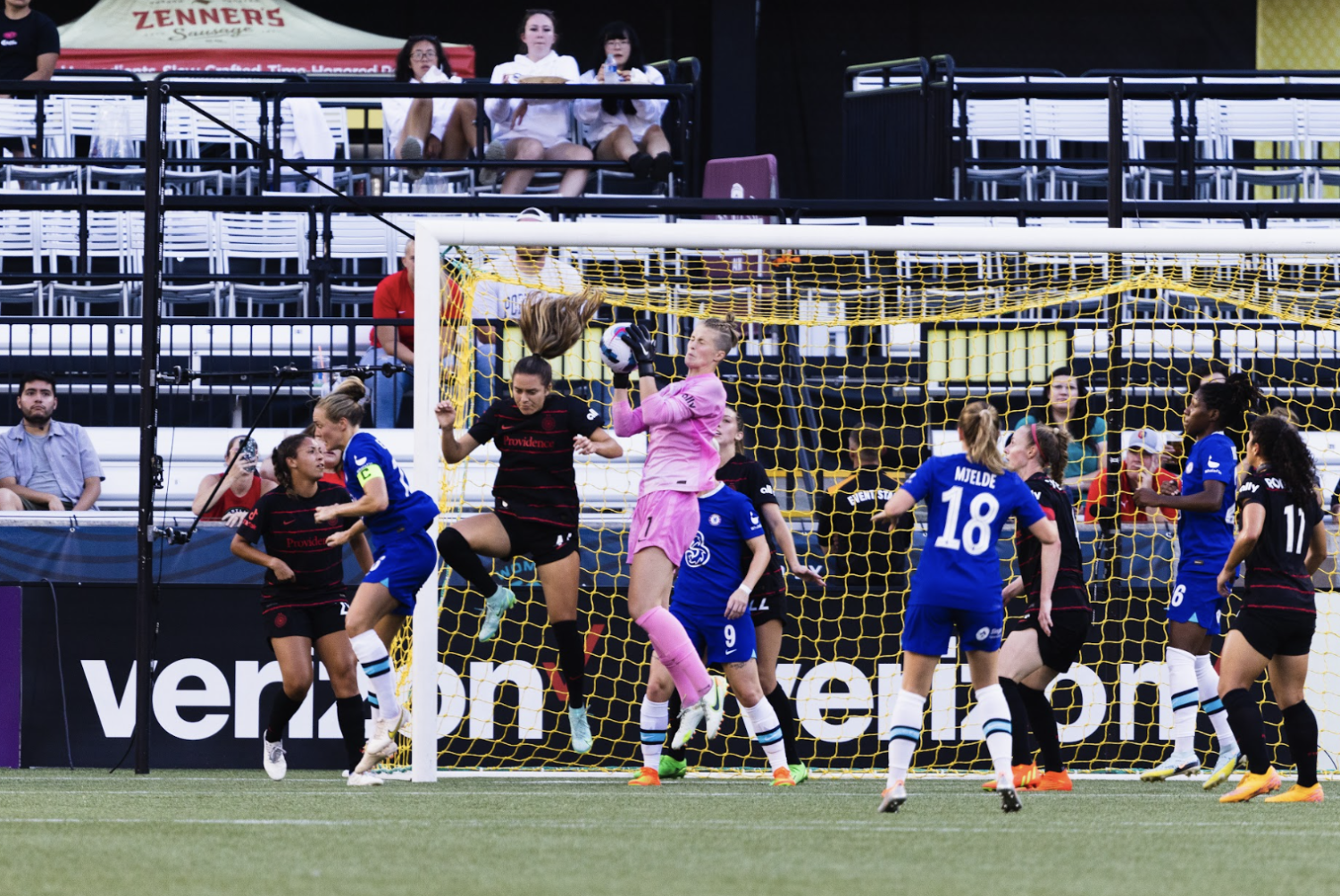
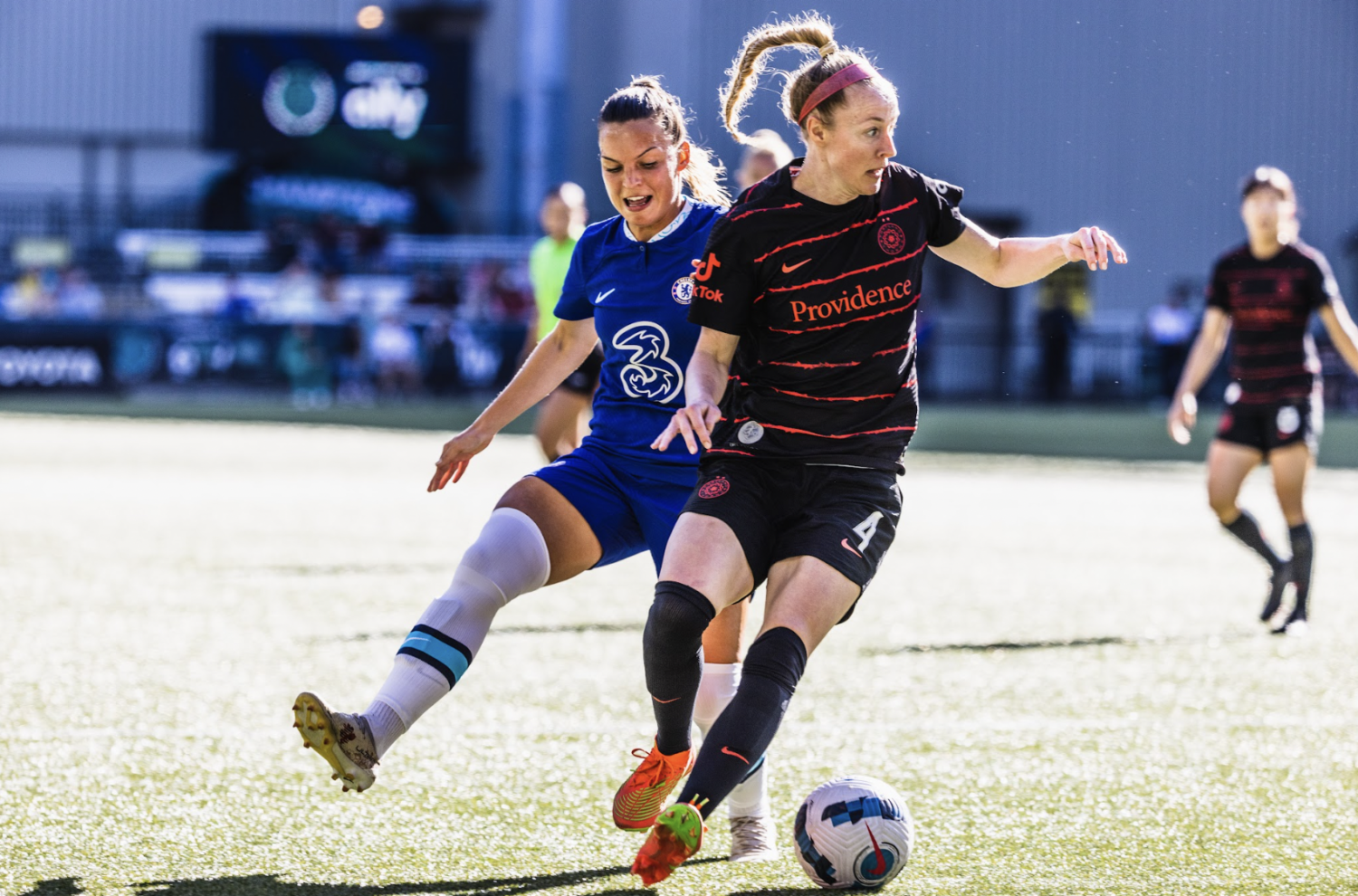
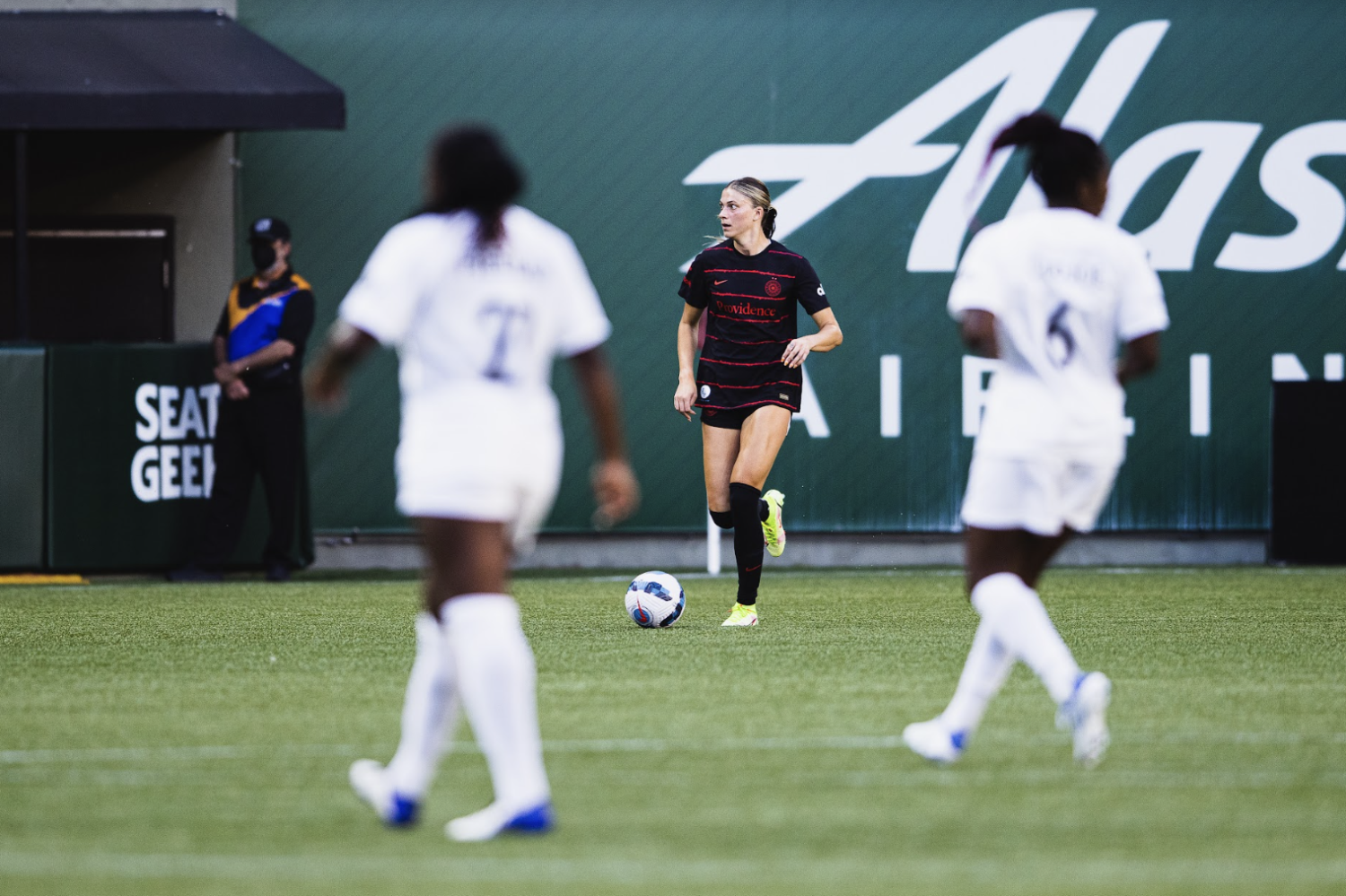
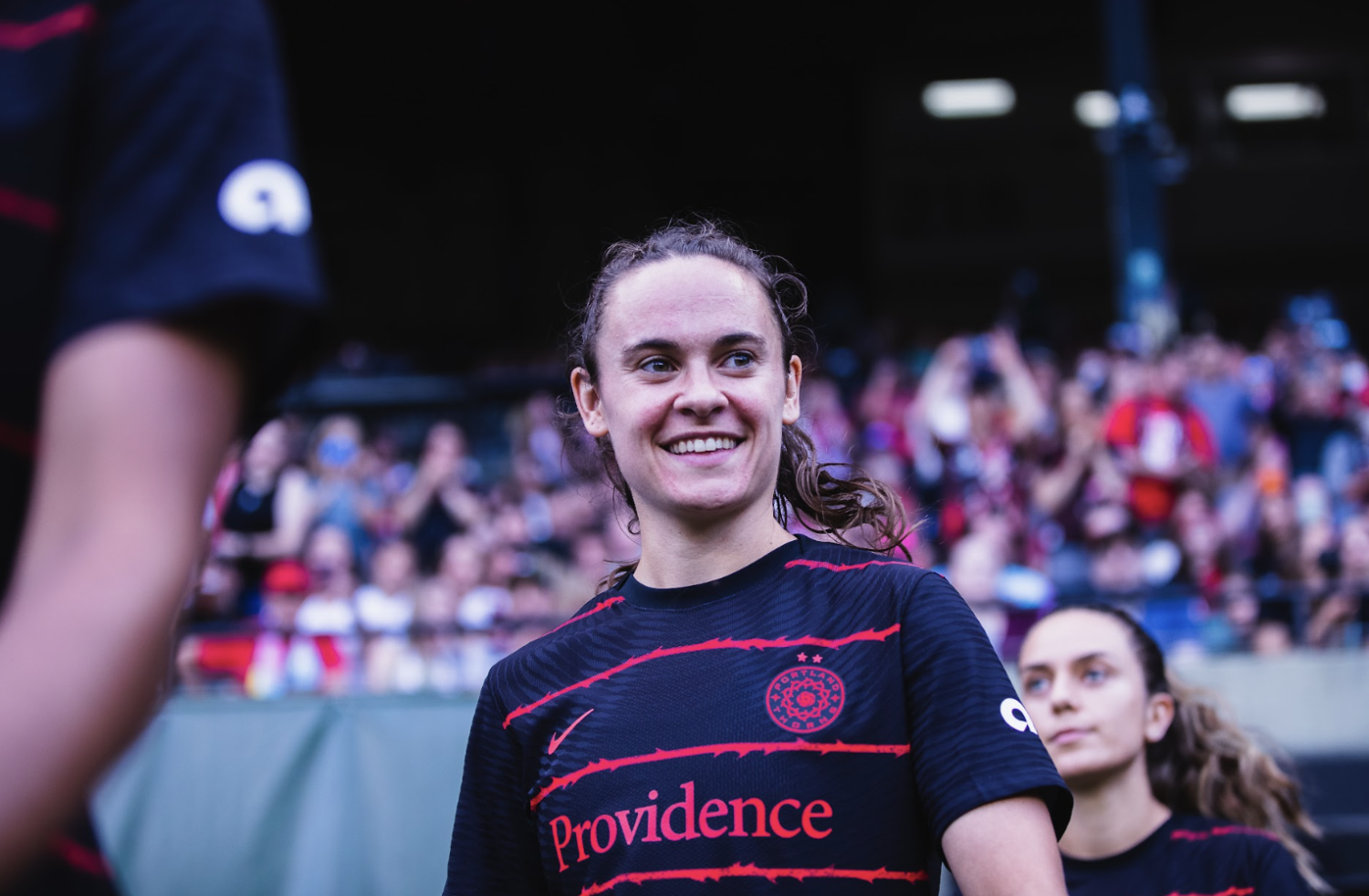
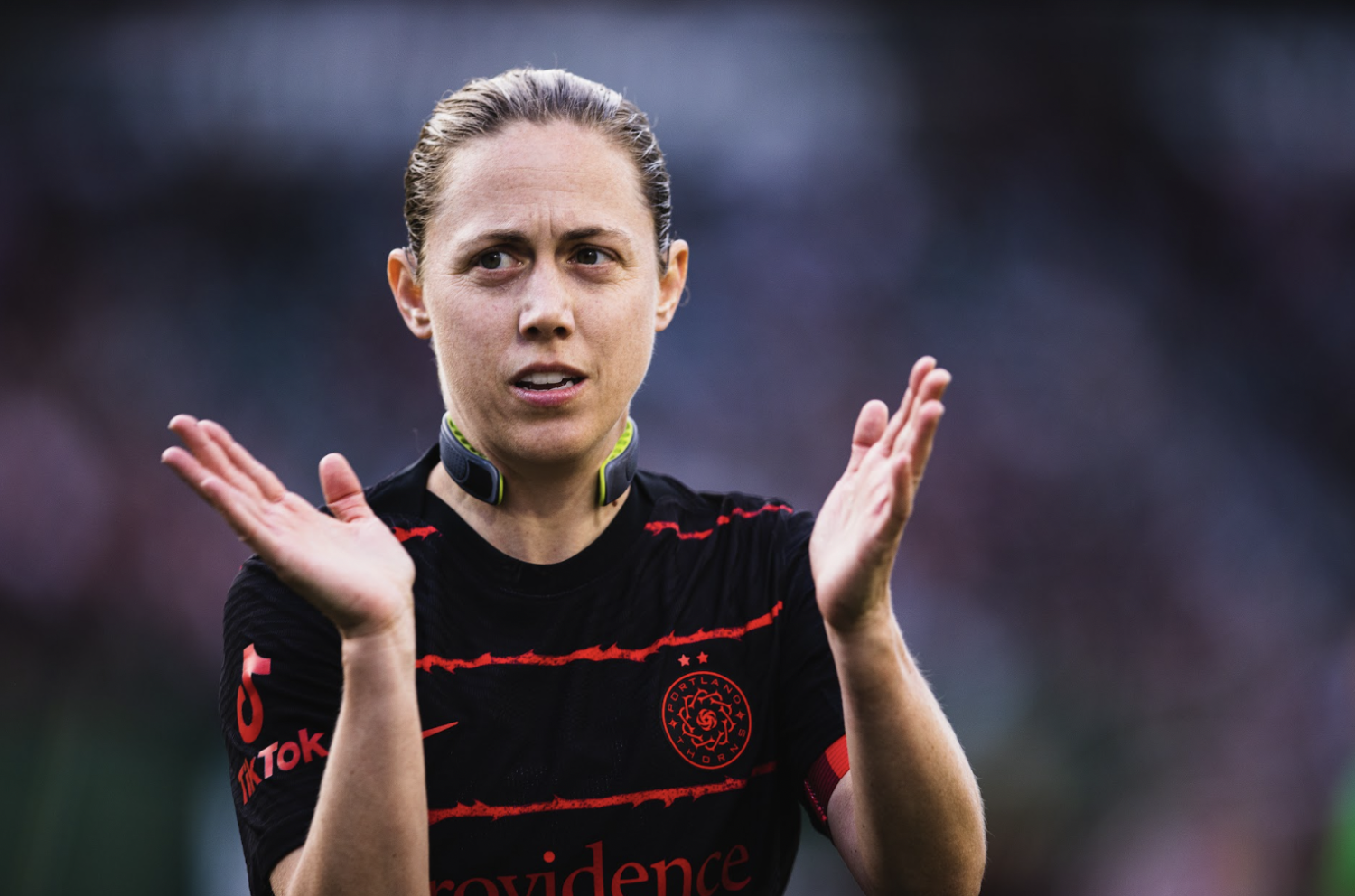
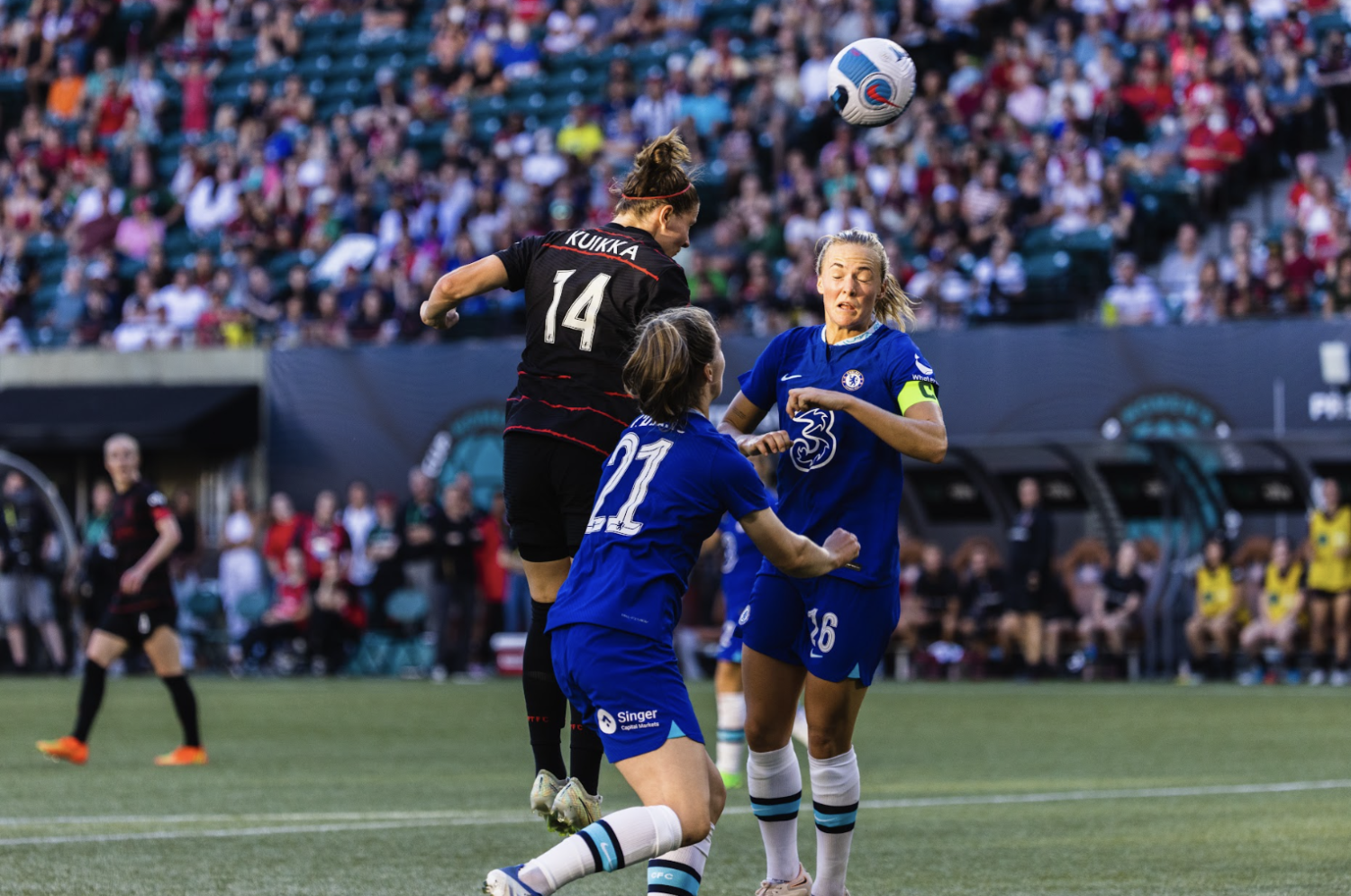
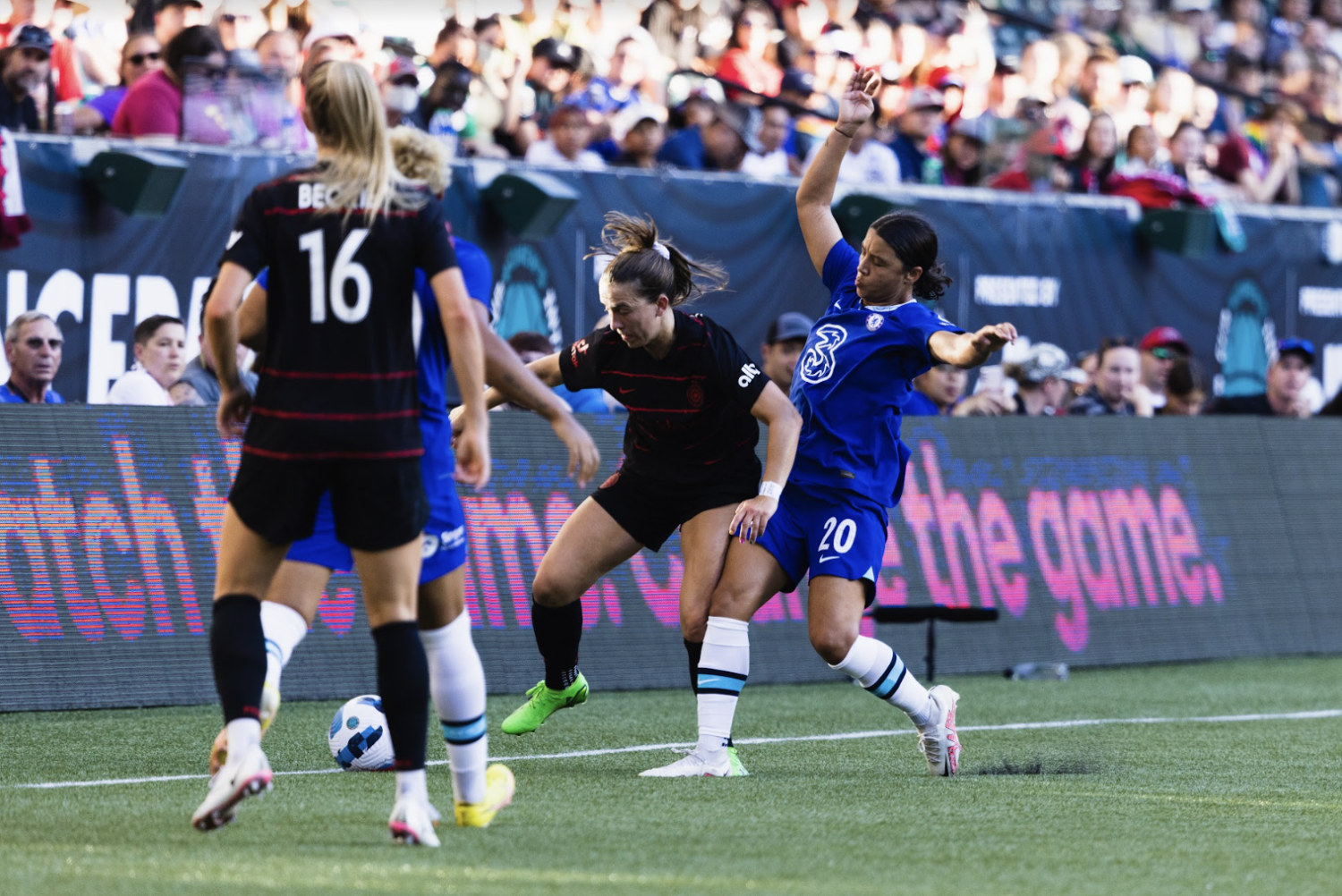
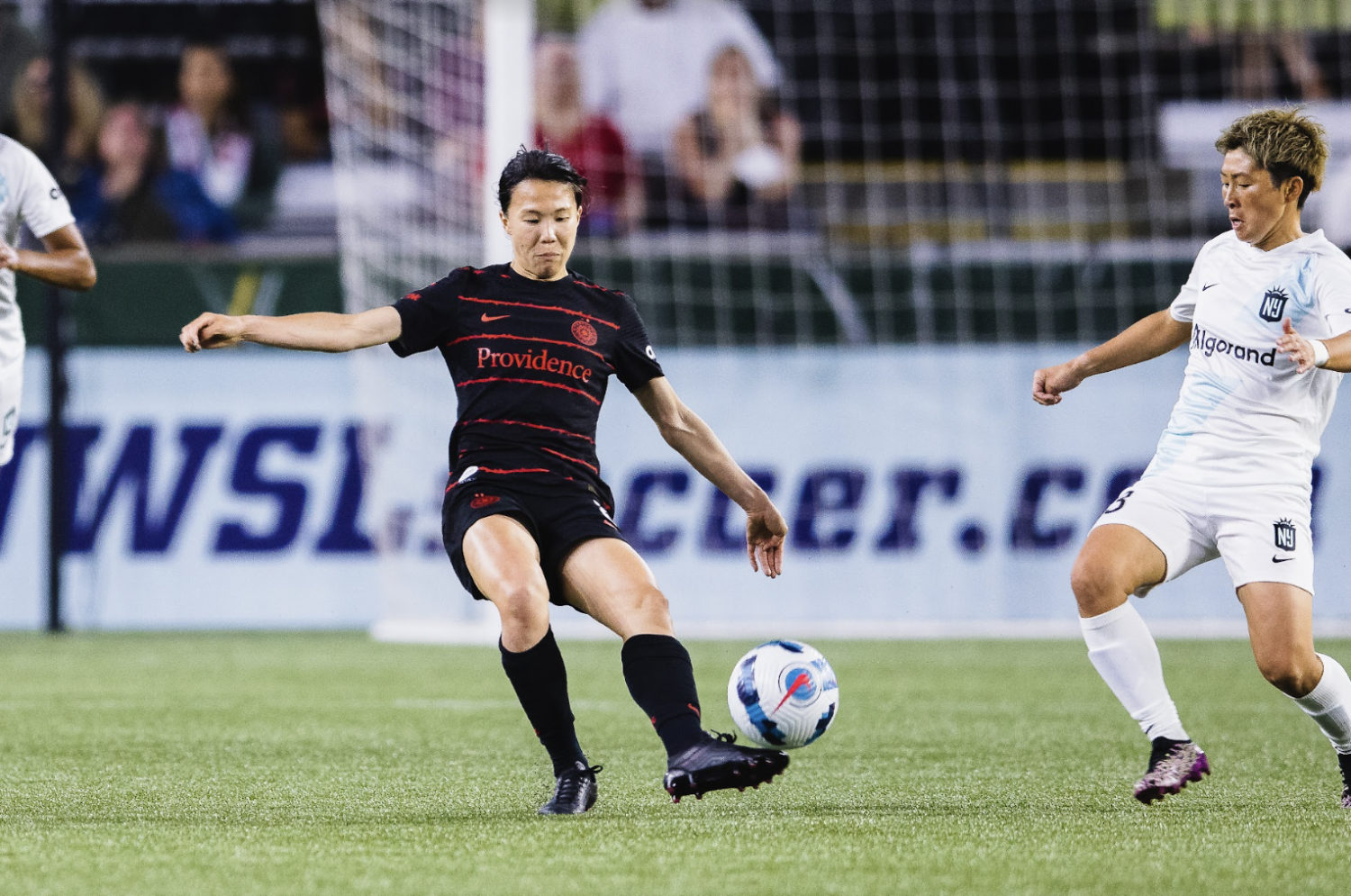
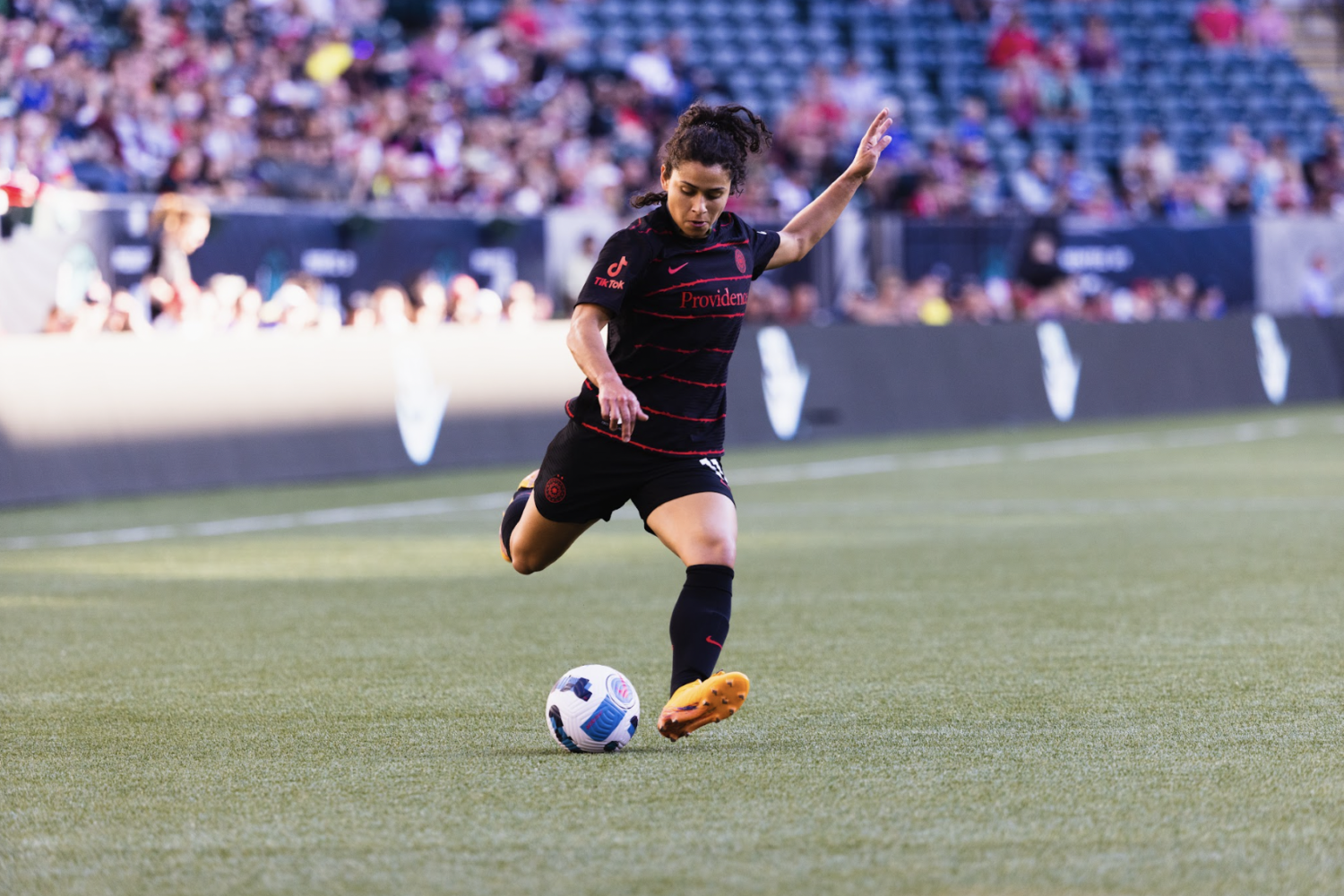
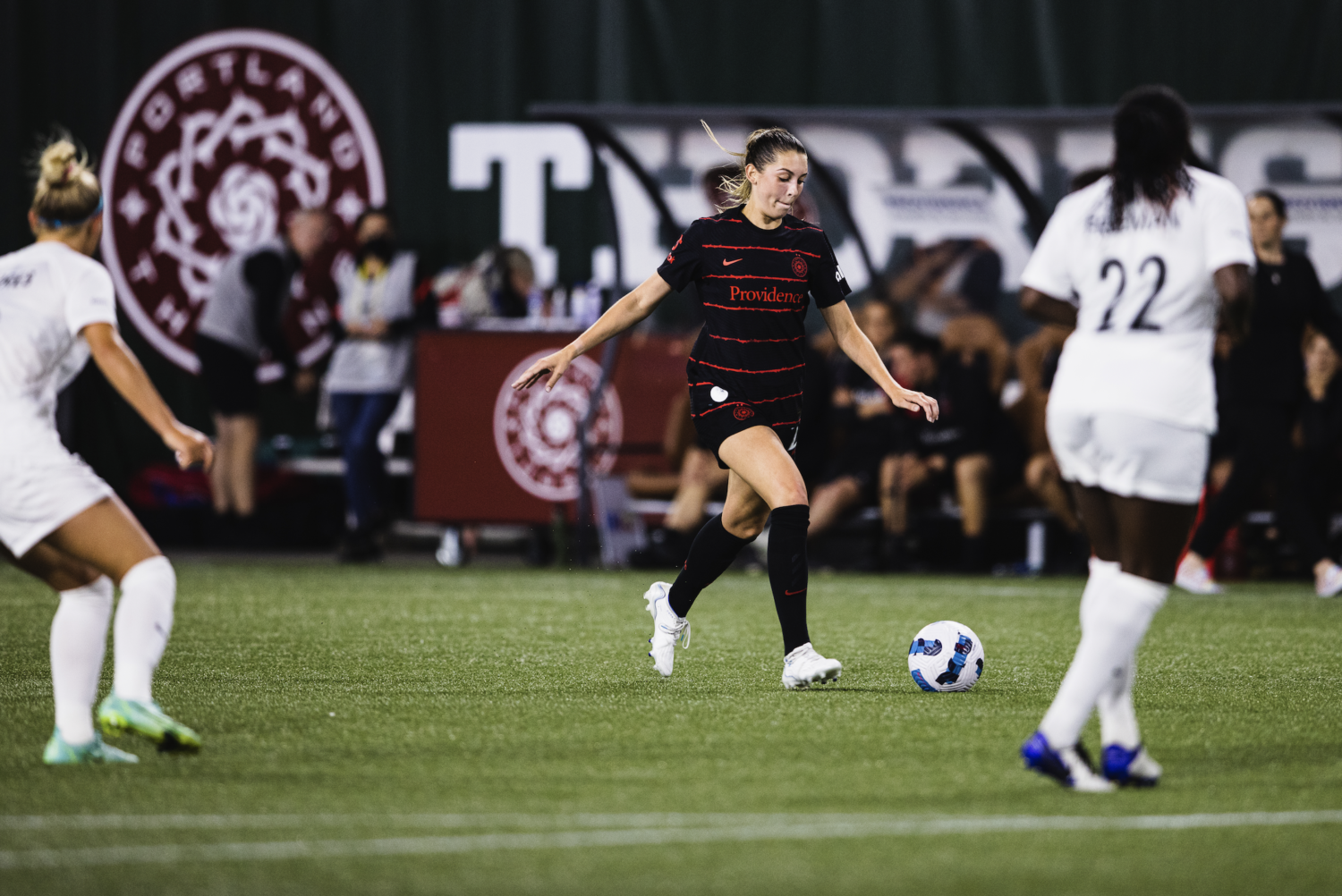
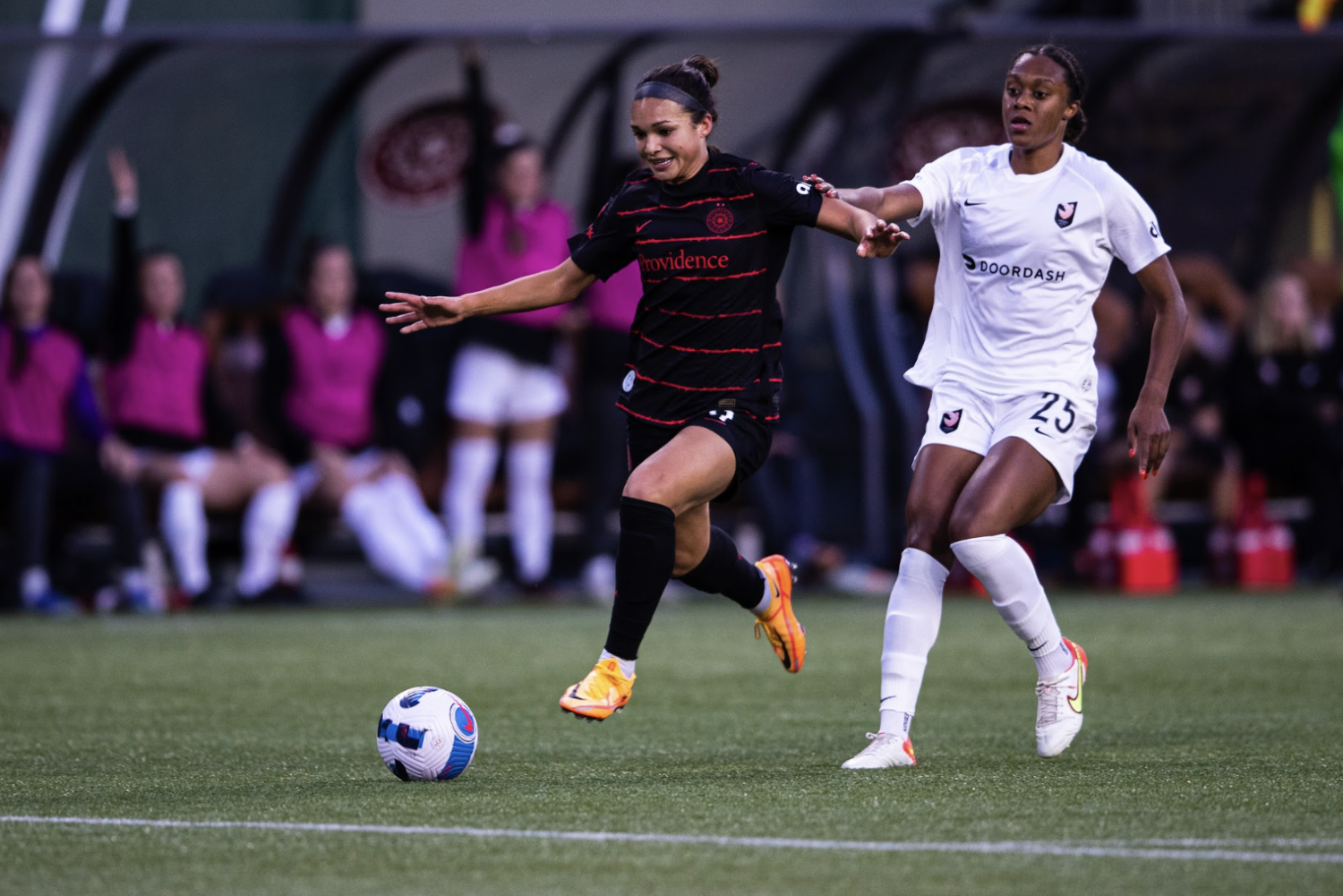
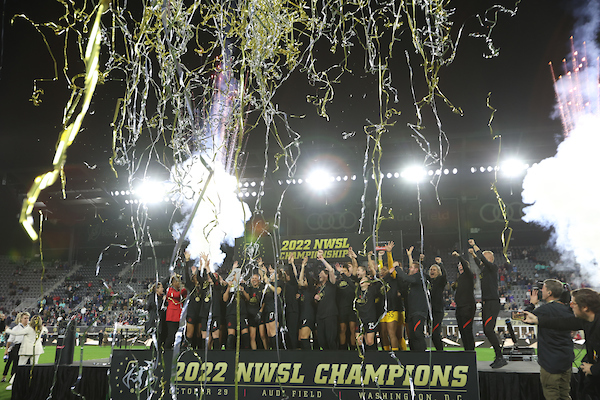
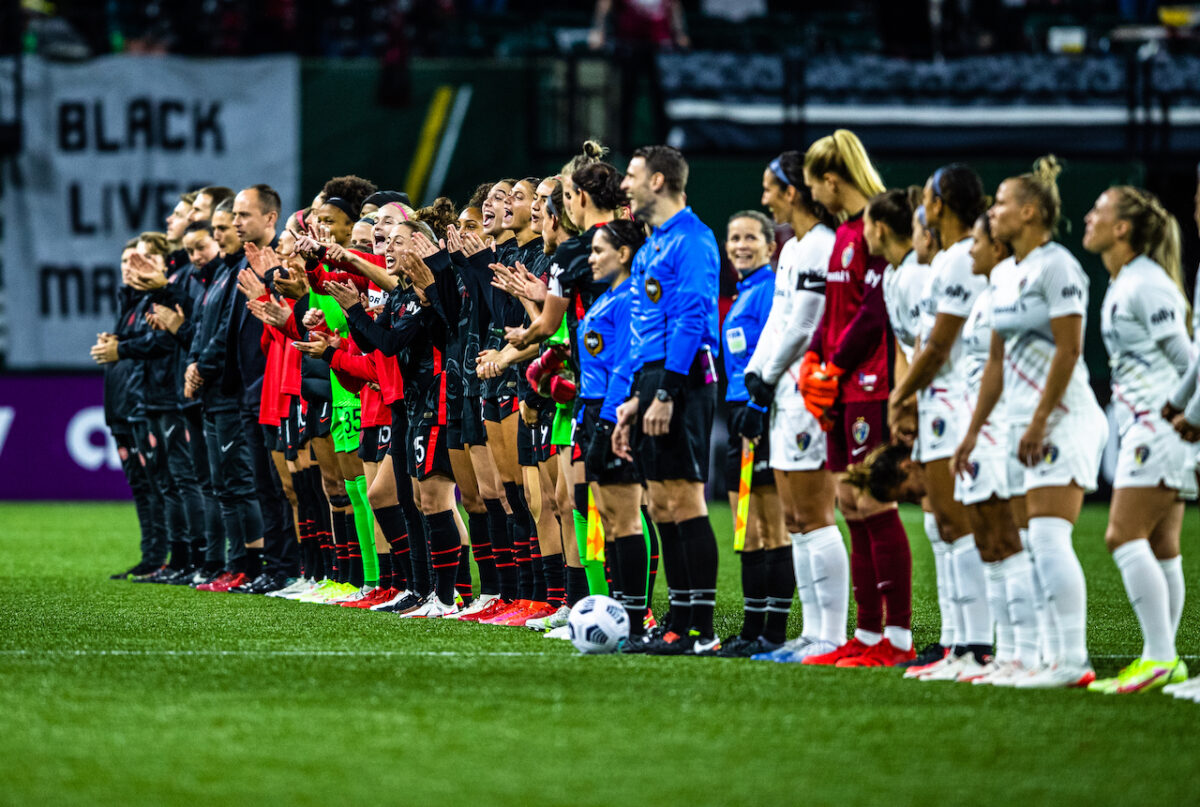
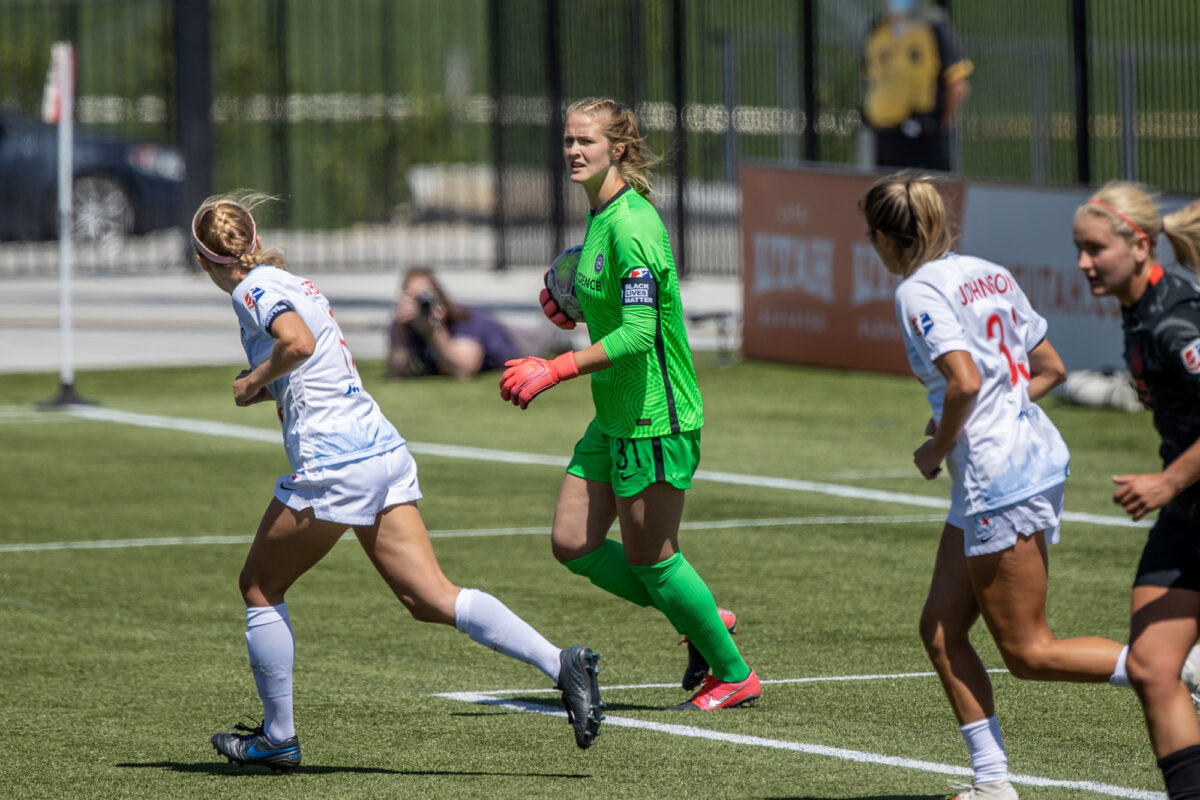
 Unlock with Patreon
Unlock with Patreon